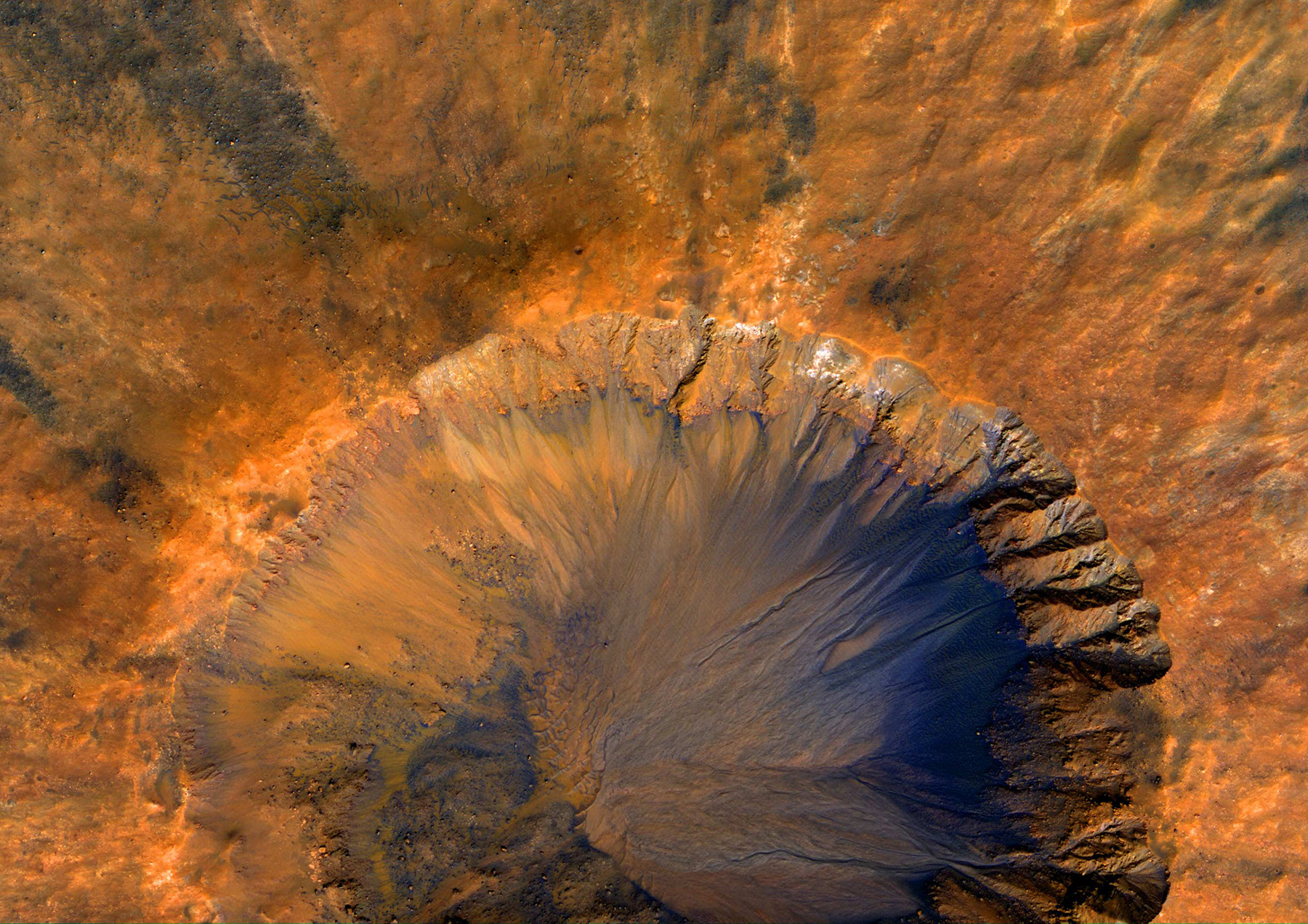Housed in the Space Park Leicester’s Space Research Centre, the Double Walled Insulator (DWI) is an essential part of the NASA/ESA Mars Sample Return (MSR) mission. ESA is working with NASA to explore mission concepts for an international campaign to return Martian rock samples to Earth, which must be kept entirely uncontaminated by the Earth environment. The DWI is being developed by Leicester engineer John Holt, who previously worked on Beagle 2, ExoMars and the excavation of the remains of King Richard III.
John Holt is also part of the team – with colleagues from other British universities and from NASA – who have developed the Deep Space Petri-Pod (DSPP). The DSPP enables the study of simple model organisms in space, exploring the effects of prolonged exposure to factors such as cosmic radiation and microgravity as preparation for eventual long-term human spaceflight.
ESA’s Rosalind Franklin rover will search for signs of past and present life on Mars, characterising the water/geochemical environment as a function of depth in the planet’s shallow subsurface. One of the instruments on the rover, the Raman Laser Spectrometer (RLS), was developed by a group of European partners including the University of Leicester. The team at Leicester, who will play a full role during ExoMars surface operations. developed a comprehensive range of laboratory instruments and analogue samples to help prepare for mission activities and successful exploitation of the data returned.
Launched in 2018 and due to reach Mercury in 2025, the ESA-JAXA BepiColombo joint mission to Mercury features significant Leicester input. The Mercury Imaging X-ray Spectrometer (MIXS) was developed by a Europe-wide consortium led by the University of Leicester, including institutes and companies in the UK, Finland, Spain, Germany and France.
The University of Leicester’s Planetary Science Group includes the UK’s only formal co-investigator of NASA’s Juno mission to Jupiter, together with a number of team affiliates for the mission and the only ‘participating scientist’ on the Juno team. By combining Juno data with Earth-based observations, Leicester researchers have revealed new insights in the jovian system, providing valuable input into ESA’s JUICE probe.
Leicester scientists have been involved in ESA’s Jupiter Icy Moons Explorer (JUICE) mission since 2008. The mission, which launched in April 2023, will study Ganymede, Callisto and Europa with a powerful suite of remote sensing, geophysical and in situ instruments to discover more about these compelling destinations as potential habitats for past or present life.



